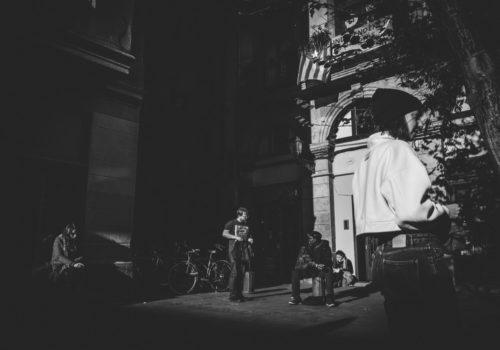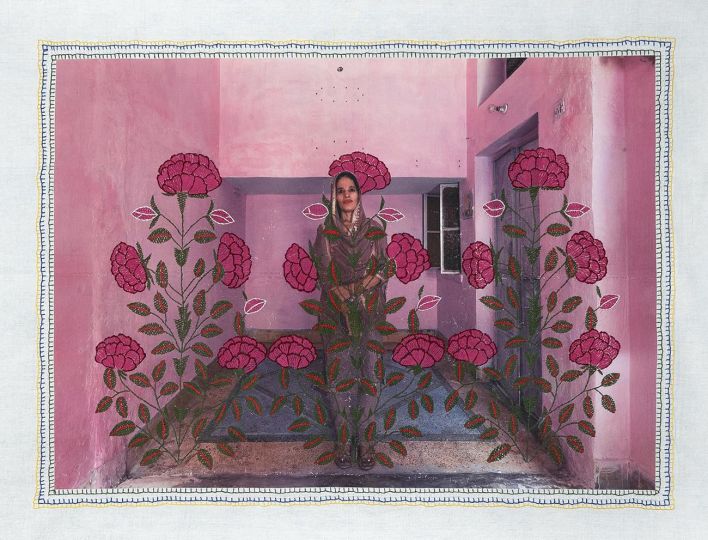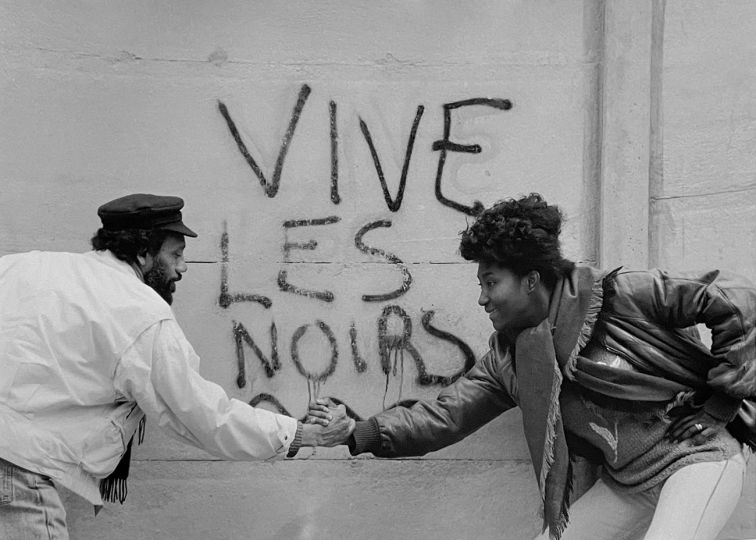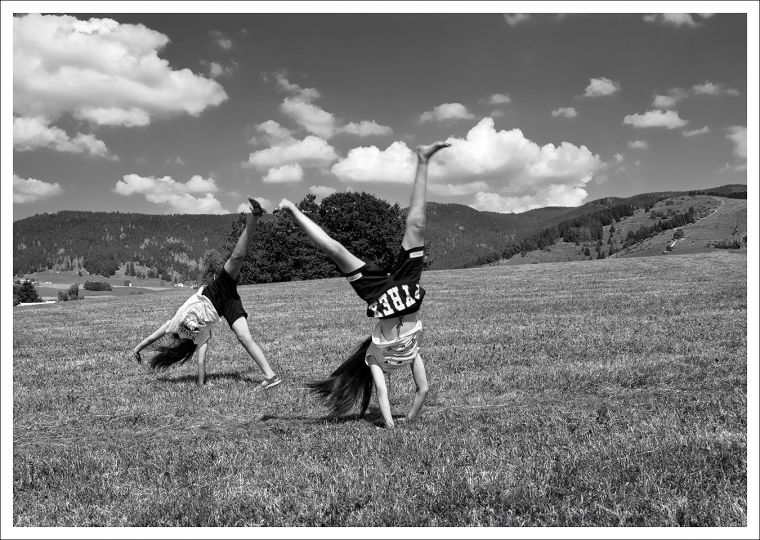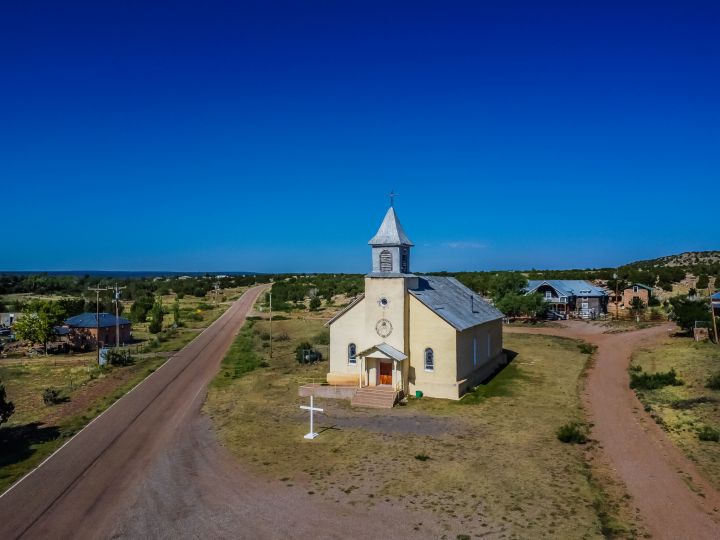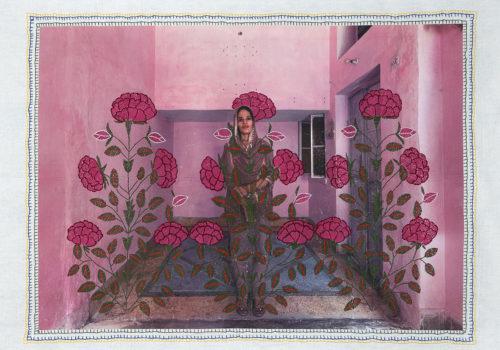Barcino : Another Catalonia, Another Europe
“…Another Europe is present and alert, the one that populates the streets of Barcelona and many other cities, that moves around with an identity card in its pocket and knows how to pack quickly, that builds friendships, works and studies in a network that crosses borders and national languages every day…”
Catalan independence, especially during the Procés movement in 2017, represents a complex social and political dynamic, in which local identity and the multiculturalism of Barcelona have been deeply intertwined. It is interesting to note that immigrants (people of different geographical and cultural origins) also actively participated in the demonstrations in favour of Catalonia. This involvement is not only a show of solidarity, but reflects deeper aspects of Catalan social reality. Many immigrants, who have left their country for various reasons, political, economic, social, feel empathy for the cause of Catalan self-determination. The struggle for a cultural identity and institutional recognition may remind them of similar situations experienced in their countries of origin. Barcelona is a city that has been built on centuries of immigration, which has welcomed different communities, especially in the post-war period and in recent decades, thus becoming a cosmopolitan and multicultural space. In this sense, resident immigrants see the Catalan struggle for independence as a way of expressing their right to participate in the social and political life of the region. Many immigrants feel deeply integrated into Catalan daily life. The use of the Catalan language in schools, public places, the media and in daily interactions has fostered their sense of belonging. Consequently, participating in the struggle for independence is also a way of demonstrating this integration and of claiming an active role in the future of Catalonia. Furthermore, integration also involves the work and contribution that these people give to the economic and social growth of the region. The Catalan economy, and especially that of Barcelona, is heavily dependent on foreign labour, so support for possible independence is seen by many immigrants as support for the territory that welcomed them and which they help to maintain prosperity.
Over the years, the independence movement has also attempted to involve immigrant communities, promoting the idea that an independent Catalonia would be an open and welcoming nation for all residents, regardless of their origins. The Generalitat and various pro- independence groups have worked to include those who, not born in Catalonia, reside permanently in the region in their campaigns. This inclusive approach reinforced the sense of community, and many immigrants saw in this cause an opportunity to secure their rights and participate in the creation of an inclusive Catalonia. Some foreign residents, who have had direct experience with the migration policies of the central Spanish state, feel a certain disillusionment with the institutions in Madrid. In this context, supporting Catalan independence can represent a form of dissent towards a central system perceived as less welcoming or more distant from one’s needs. The idea of a Catalan autonomy that gives greater voice to local needs, including those of immigrant communities, therefore becomes an attractive element.
The participation of immigrants and foreign residents in the Catalan independence cause reflects a deep intersection between local identity and global belonging. Barcelona represents a crossroads of cultures, where the battle for Catalan self-determination has been seen as an opportunity to claim an inclusive and pluralistic identity, in which each individual, regardless of their origin, can contribute to the definition of society. Immigration, therefore, is not seen only as a passive element, but as an active force that enriches and supports the Catalan project of self- determination and diversity.
“Barcino” is the Latin name for Barcelona, used during the Roman Empire. This reference to Barcelona’s ancient roots provides a historical and symbolic link to the idea that the city is rooted in a plurality of influences and peoples. Titling the text “Barcino” connects the analysis to the city’s historical tradition, reinforcing the idea that its identity has always been in evolution. A specific and deep-rooted Catalan identity, something unique and ancient that transcends the current political conflict. Although the city has become a modern and cosmopolitan crossroads, recalling the Latin name recalls the pride of its origins and cultural identity, to which immigrants today also contribute. By linking today’s social issues to a historical name, the title suggests that Barcelona has always known how to adapt and transform while maintaining its essence intact, also thanks to the new inhabitants who have enriched it over time. “Barcino” evokes a timeless Barcelona, which welcomes both the past and the present. The title can convey the idea of a city that has been, is, and will be a center of welcome and belonging for people of all backgrounds.
The city, even today, welcomes and integrates new identities in a fluid and inclusive way, keeping its history alive and making it a point of reference. In short, “Barcino” represents more than just a name; it becomes a symbol of an ancient and modern Barcelona, welcoming and resilient, which has always been and continues to be a crossroads of cultures.

